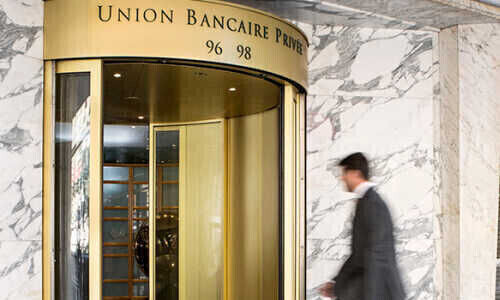UBP: Growth, Export Slowdown Triggered Earlier China Reopening
China has surprised investors on the upside with a much earlier reopening than expected after a near-consensus call by banks that it would occur no earlier than the second quarter of 2023. Economic setbacks were the main driver, according to UBP.
In late 2022, global banks still expected China to persistently maintain its zero-Covid policy with a near-consensus call for a reopening to begin only in the second quarter of 2023. To the surprise of many, Beijing would move on to beat forecasts by reopening in the first quarter instead.
«We had originally envisioned the reopening process to take place between October and March – between two big political meetings,» said Carlos Casanova, UBP’s Asia senior economist, in a recent briefing attended by finews.asia. «And we are now in a situation to let it rip and we no longer have dynamic Covid-zero.»
Two Triggers
According to Casanova, there are two major factors that triggered Beijing’s decision to reopen earlier: signs of recessionary pressures in the domestic economy and a drop in external demand, evidenced by decreasing exports to the US and Europe.
«They are looking to engineer a situation whereby domestic consumption will have to pick up some of the slack from external demand,» said Casanova.
As a result, UBP is forecasting China’s GDP growth to reach 5.5-6 percent – significantly above the consensus forecast of around 4.8 percent. Whilst there could be more negative surprises in the fourth quarter and potential for Covid to hit rural areas in the first quarter, the Swiss pure-play expects the normalization of domestic consumption to kick in in the second quarter this year.
Long Runway
Although UBP is less positive on the long-term case for Chinese equities, citing geopolitics as a key driver of fragility, it is positive in the short-term even in light of the strong recent rally that has already played out.
Tailwinds include still attractive valuations, the reopening, better margins, higher capital returns and an improved overall environment – mitigated ADR risk, a supportive regulatory tech environment and greater policy focus on the economy.
«The China reopening trade potentially has a pretty long runway,» said Vey-Sern Ling, senior equity advisor for Asia Technology at UBP, highlighting the potential for a 1.5 to 2-year rally based on historical performance from reopenings in other markets.



























